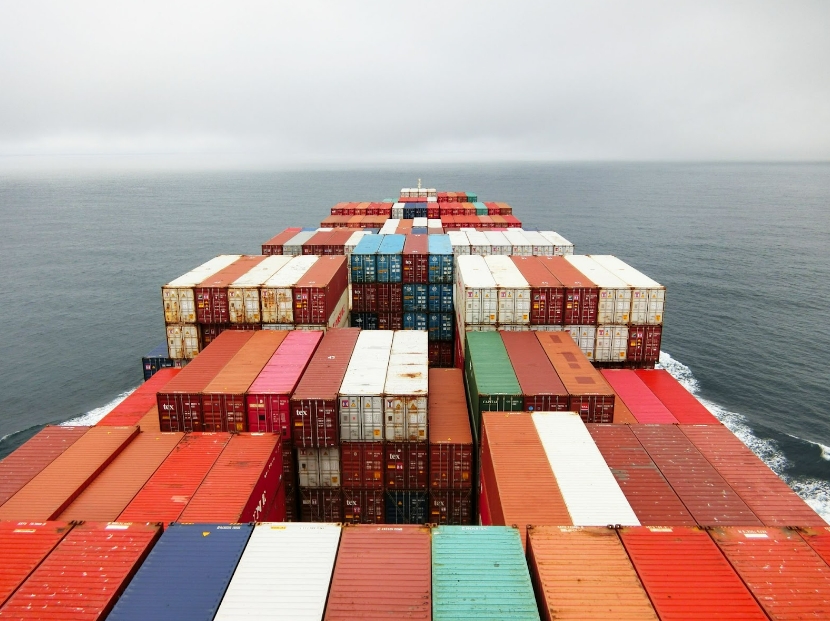The Perils of the Sea
Damaged goods. It’s a term no shipper nor customer ever wants to hear. Damaged goods means less profit for the shippers, but more importantly, the loss of valued items for the customer. Unfortunately, unexpected disasters and weather changes do happen; hence, the need for one safety net: Cargo Insurance Coverage.
Every year, shipping companies lose an average of 1,390 containers at sea from a wide range of causes. If you’re the average consumer, then you may feel the sting when you lose your item. However, if you’re a business owner, then this could bring you to the edge of bankruptcy. What cargo insurance coverage aims to do is to minimize your loss in the event of an unexpected complication that damages your goods. So what exactly does cargo insurance coverage provide? And how much does cargo insurance cost?
Types of Cargo Insurance
Cargo insurance coverage can be broadly separated into 4 types:
- Single Coverage
- Open Coverage
- All Risk Coverage
- Named Perils Coverage
Single Coverage is a coverage best used for an infrequent international shipper. It only covers a single shipment, but is comprehensive enough for any unexpected events. However, a frequent shipper may opt out of single coverage as it is not cost effective.
Open Coverage is a coverage that covers your shipments over a period of time, typically a year. There are multiple customization options for this coverage in terms of what is covered and what is not. This is a good option for frequent shippers and brings down cargo insurance costs a lot more compared to single coverage.
All-Risk Coverage is a cover that provides cover for almost all events that would or have led to damaged goods. This cargo insurance coverage can be applied to both maritime and air freight. It is perfect for someone looking to cover all their bases and then some.
Named Perils Coverage is a cover geared specifically for any expected complications. Unlike the all-risk coverage, the named perils coverage will only cover the risks that are stipulated in the contract. Moreover, this coverage can cover any risks or events that are not included in the all-risk coverage, provided it is named within the contract.
An additional cargo insurance coverage that may be considered is the general average insurance cover. This is a specialized coverage that helps insure yourself against the general average principle, which states that all stakeholders within an ocean venture must proportionally share their losses in the event of an emergency requiring the sacrifice of goods. So even if you did not lose any cargo, you may very well have to recoup others’ losses if you do not have this insurance.
The Takeaway
Knowing all that you know, we hope this guide has helped illuminate the importance of insurance in either air or maritime shipping. Natural disasters and sudden weather outbreaks are unforgiving towards the unprepared so it is best to consult a professional before participating in any international shipping. Likewise, consulting a professional for the most suitable cargo insurance coverage can greatly reduce your costs while providing the most solid protection you can afford.



